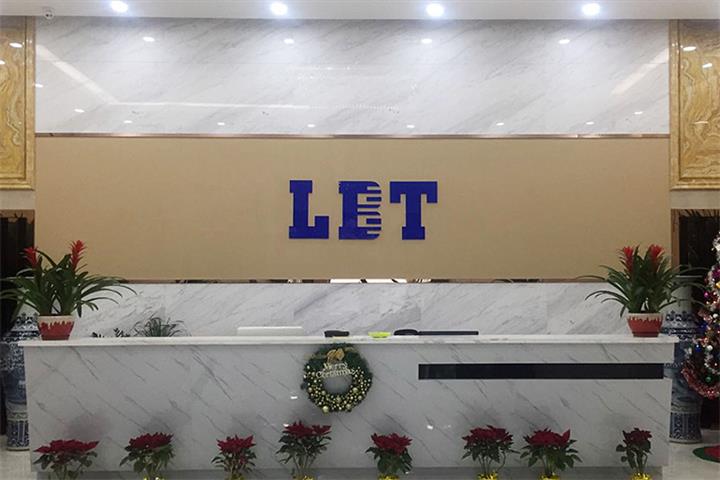 Libert Gains as It Wins USD1.2 Billion of Contracts From BASF, Albemarle’s China Chemical Bases
Libert Gains as It Wins USD1.2 Billion of Contracts From BASF, Albemarle’s China Chemical Bases(Yicai Global) Dec. 28 -- Shares in Jiangsu Libert advanced as much as 4.6 percent today after the Chinese engineering firm said it and one of its units have won contracts worth CNY8.2 billion (USD1.2 billion) to supply equipment and civil construction services to two projects run by German chemicals giant BASF and US specialty chemicals producer Albemarle Corp.
Libert’s share price [SHA:605176] closed up 0.7 percent at CNY8.22 (USD1.18). Earlier in the day it hit CNY8.54.
Libert will provide 12 equipment modules to the ethylene section of BASF’s engineering plastics megafactory in Zhanjiang, southern Guangdong province for CNY226 million (USD32.4 million), the company, which provides modular design and construction services for large industrial equipment, said yesterday.
Unit Shanghai Libert Construction will also install equipment and provide other civil construction services to the project for CNY408 million, the Zhangjiagang, eastern Jiangsu province-based parent company said.
Libert has a production base in Zhanjiang, where BASF is building its third biggest facility worldwide. Costing EUR 10 billion (USD10.6 billion), the Zhanjiang Verbund site should be completed in 2030 and is the first wholly foreign-funded project in China’s chemicals industry and Ludwigshafen-based BASF’s biggest overseas investment to date.
Libert will make the modules at its factory, and the proximity to the BASF plant will enable it to provide customized products and services, it said.
The delivery date for the equipment is Sept. 18, 2024 and the civil construction services should be finished no later than May 31, 2025, according to documents from BASF’s engineering, procurement and construction contractor.
The Shanghai subsidiary has also been awarded a CNY181 million contract to provide equipment installation services at Albemarle’s lithium hydroxide plant in Meishan, southwestern Sichuan province. The work should be finished no later than Oct. 31 next year. Costing USD500 million, the factory will have an annual output of 50,000 tons and should be up and running by the end of 2024.
Editor: Kim Taylor